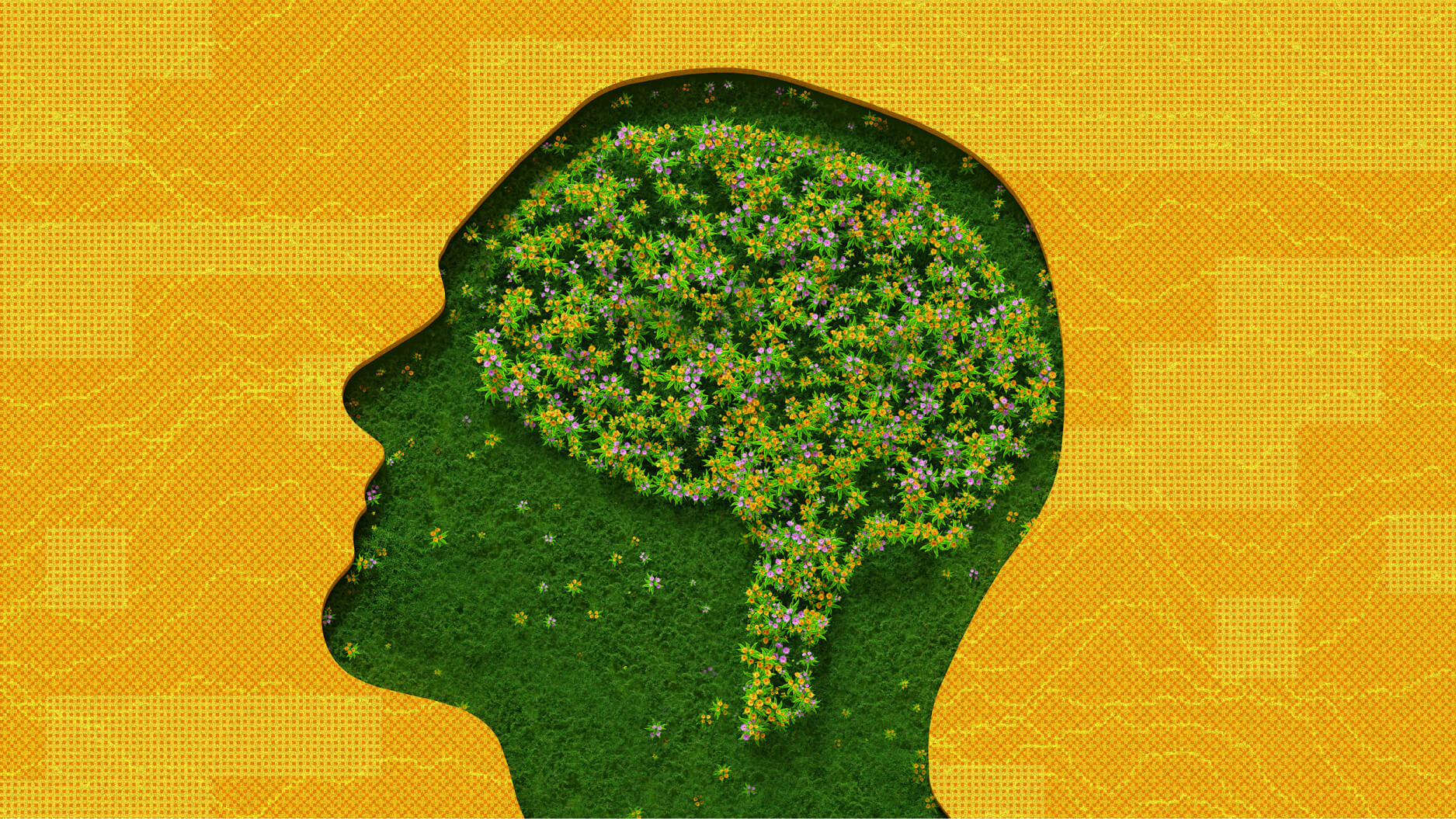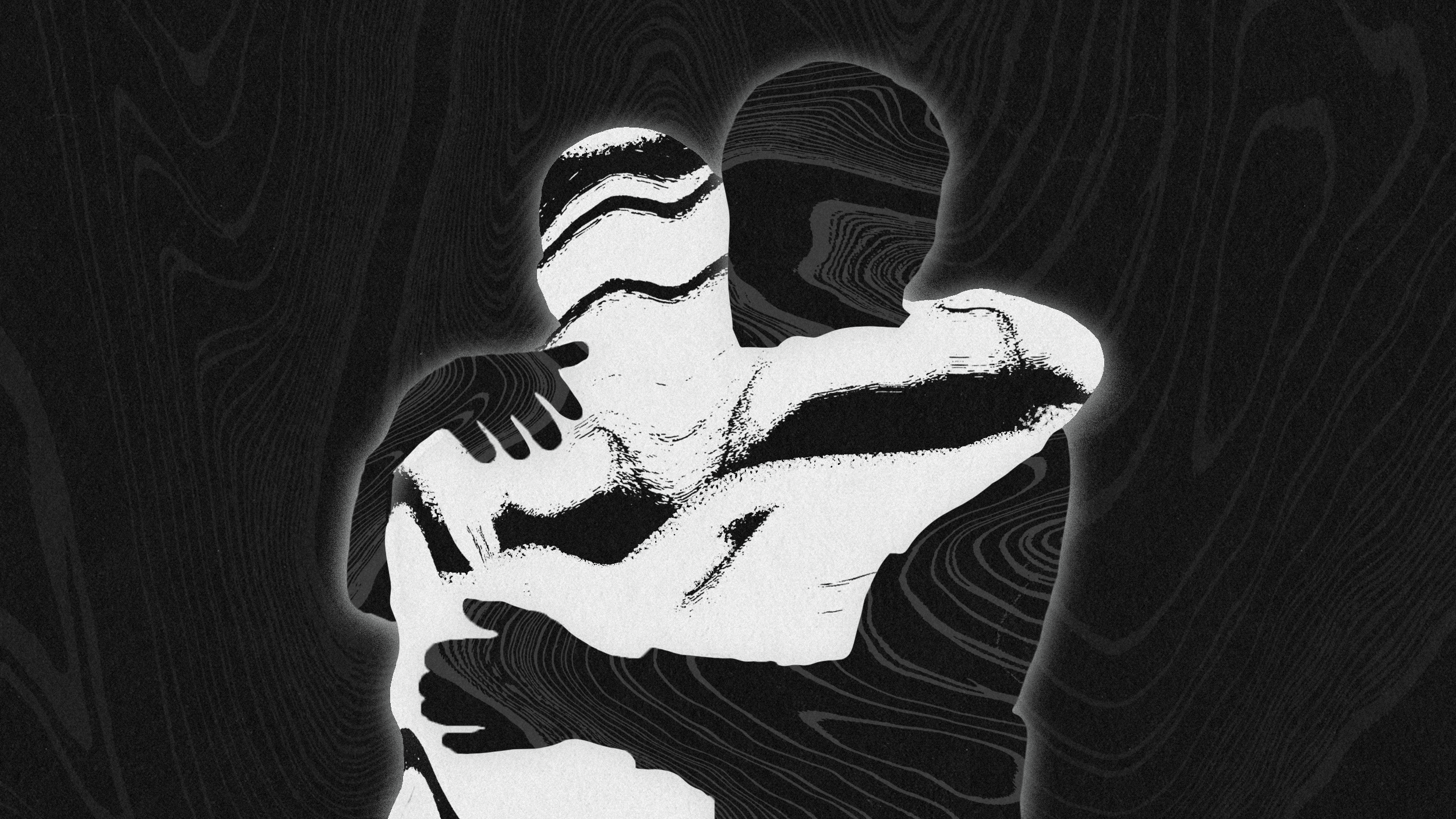5 neuroscience reality checks, from a top neuroscientist

Photo by: Andrew Michael/Education Images/Universal Images Group via Getty Images
- In his latest book, neuroscientist Joseph LeDoux challenges current assumptions about emotions and consciousness.
- LeDoux investigates the origins of life on this planet dating back four billion years.
- His book is a reminder that humans share the planet with a diverse array of animals and that, while unique, consciousness is not the only trait worth celebrating.
In his new book, The Deep History of Ourselves: The Four-Billion-Year Story of How We Got Our Conscious Brains, neuroscientist Joseph LeDoux assigns himself the simple tasks of explaining how consciousness developed and redefining how we create and experience emotions.
Obviously, I’m being facetious. There’s nothing simple about these tasks, yet in LeDoux’s capable hands the reader is led, step by step, through the past four billion years of life on this planet. Consciousness, a phenomenon responsible for your ability to read and understand these words (as well as much, much more), often feels like a given, yet that’s only because human life is short and evolution is so very long.
LeDoux writes about history splendidly. In his last book, Anxious (which I write about here and here), he investigates the development of nervous systems, entertaining the prospect that anxiety and fear are not innate physiological states but rather assembled experiences that can be sorted through and overcome. Throughout the book he overturns common assumptions about behavior and cognition.
Ditto Deep History. LeDoux writes that consciousness is “often a passive observer of behavior rather than an active controller of it.” This conflicts with the assumption that every decision we make is of our own volition. He also argues that emotions “are cognitively assembled states of autonoetic consciousness,” products of the same processes experienced via higher-order circuitry. Emotions are not separate from thoughts; they too are created in our nervous system by the same mechanisms.
From a 30,000-foot view, this makes sense. Humans did not arrive on the planet whole-cloth. We are constructed from parts that started self-assembling billions of years ago, the consequence of billions of years of chemistry, biology, and physiology. Deep History is an engrossing investigation of the human condition through the lens of ancient evolutionary history.
No single summation could suffice to cover this book’s depth and complexity, nor should it—some arguments take time to unfold. Below are five fascinating passages pulled from the brain of one of the most thoughtful neuroscientists alive.
Survival precedes behavior.
It’s easy to believe there’s a reason for every action, yet reason comes after the survival instinct. Humans do many things for seemingly strange (or no) reason, only later attempting to explain the cognitive process that led to the action—filling in a psychological gap rather than actually defining the event. The mind likes to insert itself in places even—and especially—when it’s late to the game.
“Behavior is not, as we commonly suppose, primarily a tool of the mind. Of course, human behavior can reflect the intentions, desires, and fears of the conscious mind. But when we go deep into the history of behavior, we can’t help but conclude that it is first and foremost a tool of survival, whether in single cells or more complex organisms that have conscious control over some of their actions. The connection of behavioral to mental life is, like mental life itself, an evolutionary afterthought.”
Neuroscience is, relatively speaking, still new.
It is common to assign certain brain regions as responsible for the creation and/or management of functions, which is a bit misleading. As far as neuroscience has advanced the field is still in its infancy. Brain scans track blood flow; that does not mean specific functions are limited to that region. (Of course, as LeDoux’s friend and mentor, Michael Gazzaniga (listen to my interview with him here) has shown in his work in split-brain patients, localization does matter in certain regards; LeDoux even co-wrote a book with him on the topic.)
“Functions are not, strictly speaking, carried out by areas, or even by neurons in areas. They come about by way of circuits that consist of ensembles of neurons in one area that are connected by nerve fibers of axons to ensembles in other areas, forming functional networks. As with other features, the wiring pattern of sensory and motor systems is evolutionarily conserved across the vertebrates.”
Don’t get comfortable.
We like to believe ourselves to be separate from our environment. This is a false assumption. Life has always been about the interaction of species within their environment. Humans are no different. As everyone on the planet is experiencing the consequences, to varying degrees, of climate change, Darwinian fitness matters. Those trying to coast by on previous standards might find themselves in a rough situation.
“What works in a given environmental situation is determined by natural selection, but as the environment changes, or the group moves to a new niche, new traits become important and previously useful traits become detriments.”
Pain is a state of mind.
LeDoux writes that pain and pleasure are often treated as emotions, but that’s not quite true. There are no specific receptors for fear, joy, or anger. By contrast, certain receptors are activated when experiencing pain or pleasure, yet even those are subjective. For example, certain painful sensations are required for one person’s erotic pleasure, while in others those same sensations might be translated as traumatic. Even chronic pain, it turns out, can be overridden at times.
“If a person with chronic pain is distracted by a funny joke, he does not experience the pain while laughing. The nociceptors are still responding, but the subjective pain is not noticed.”
Humans are unique. So is every species.
Many people believe Homo sapiens represent the apex of the animal world. Some even believe we have a divine mandate to lord over other species. In reality, we are a quick blip in the long history of species. LeDoux points out factors that truly make humans unique—language, autonoesis, complex emotions. He also warns against the dangers of anthropocentrism and anthropomorphism. Fitness means adapting to the environment. Over the course of the last century we’ve arguably accomplished the opposite.
“Differences, while important in defining a species, do not endow some with greater value than others in the vast scheme of life. We may prefer the kind of life we lead, but in the end there is no scale, other than survivability, that can measure whether ours is a better or worse kind of life, biologically speaking, than that of apes, monkeys, cats, rats, birds, snakes, frogs, fish, bugs, jellyfish, sponges, choanoflagellates, fungi, plants, archaea, or bacteria. If species longevity is the measure, we will never do better than ancient unicellular organisms.”
—
Stay in touch with Derek on Twitter and Facebook. His next book is Hero’s Dose: The Case For Psychedelics in Ritual and Therapy.





